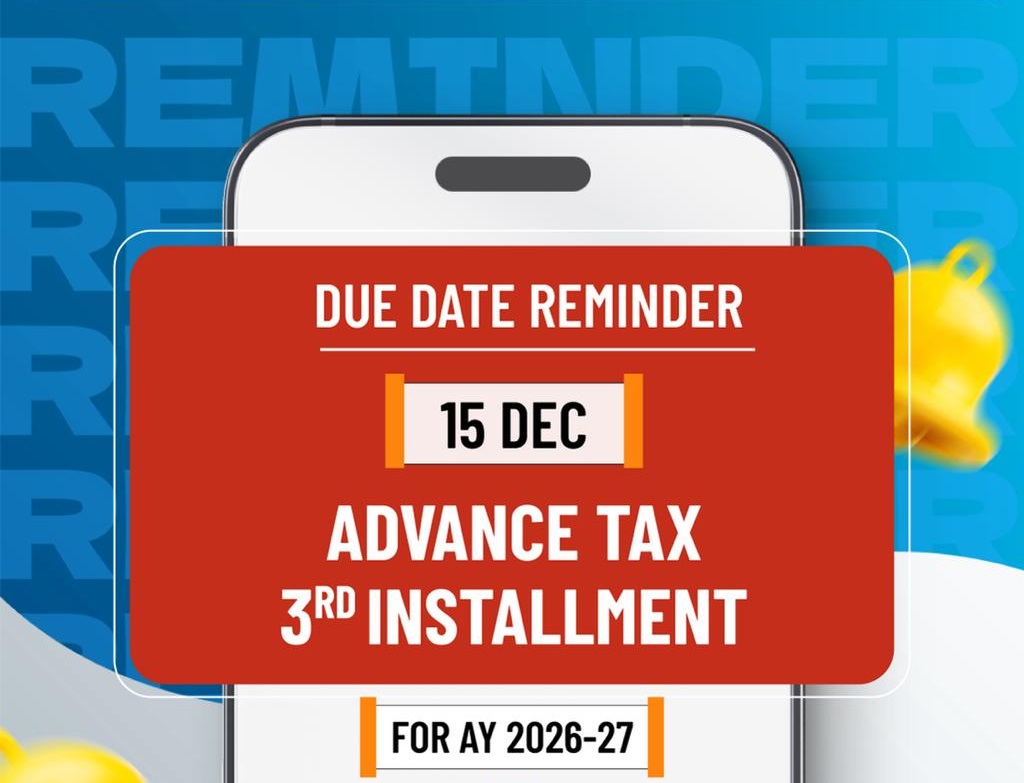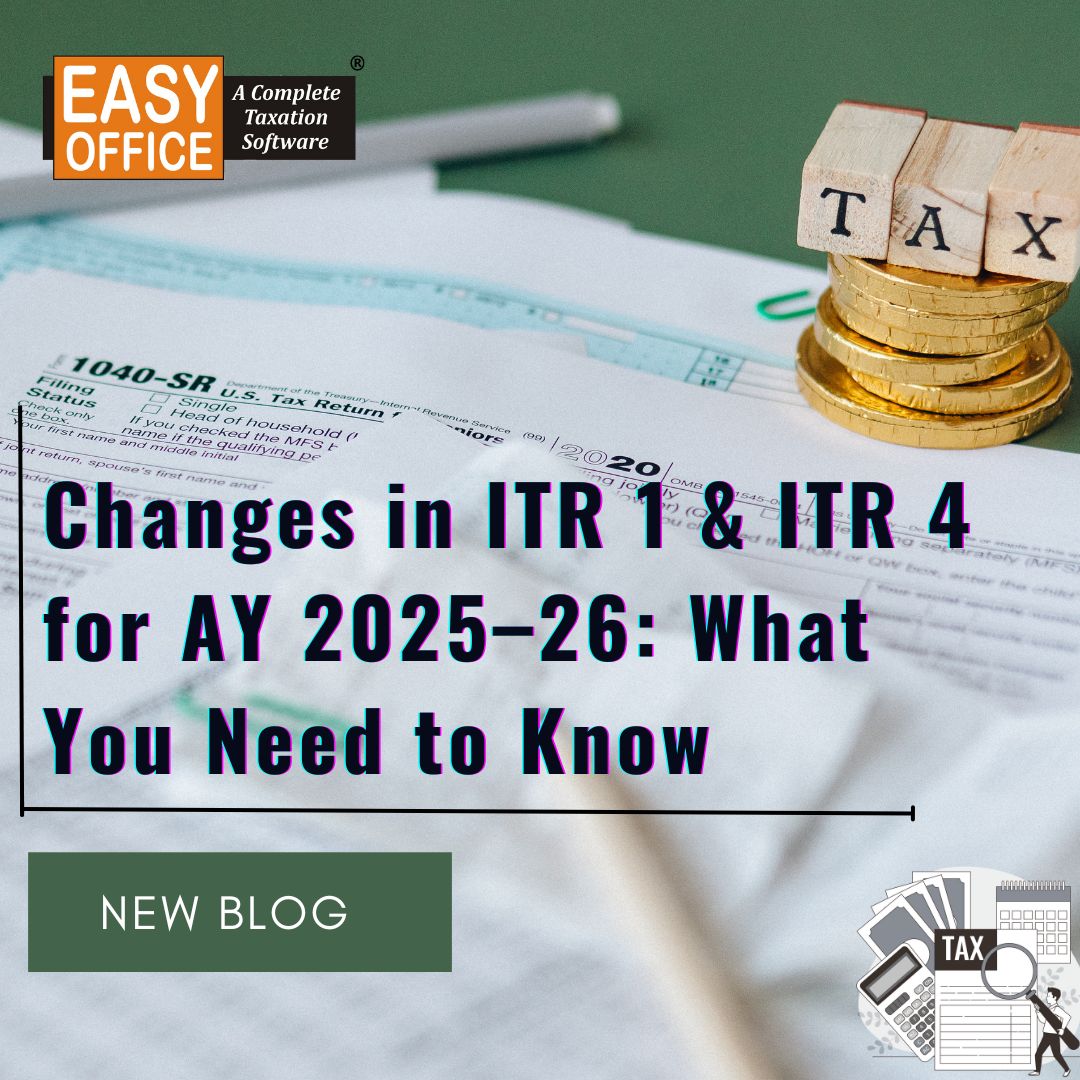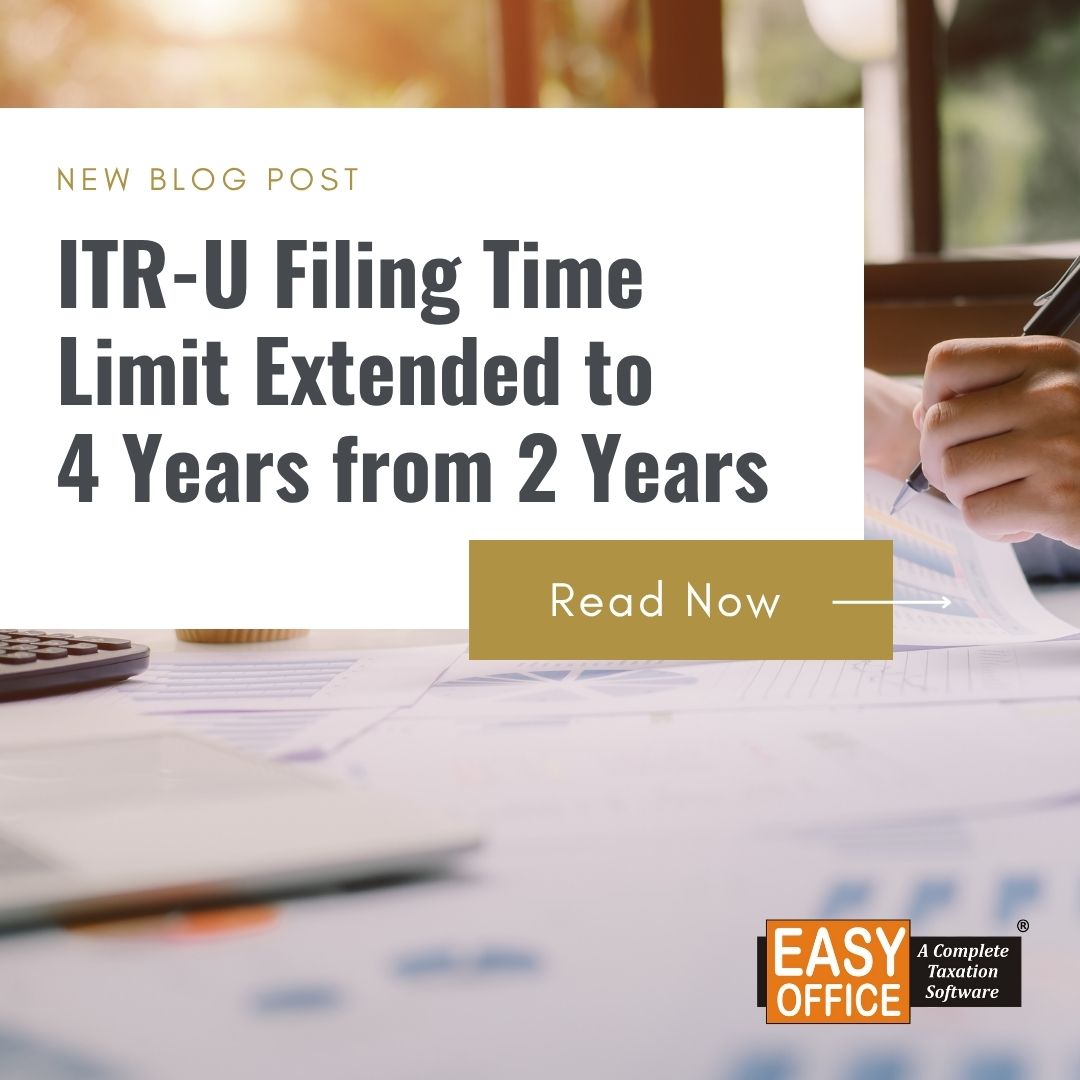
Discard Returns: Purpose, Timeline, Filing Process and More
While filing Income Tax Returns (ITR), it is imperative that taxpayers ensure that all details submitted, including income and eligible deductions, are accurate. Mistakes in ITR filing and wrongfully filing claims can lead to penalties and legal actions from the government. If you have filed an ITR and discovered mistakes you have made, you can discard the ITR and subsequently file new returns.
This facility allows taxpayers to cancel their tax returns, preventing any action taken against them for making mistakes. Now, let us learn the purpose of filing discarded returns and how to file them to resolve incorrect returns.
What Is the Discard Returns in Income Tax Filing?
Through a notification sent on 27th November 2023, the Income Tax Department informed taxpayers that they could now discard their previously filed returns starting from AY 2023-24 (FY 2022-23). Using the discard ITR option, taxpayers can cancel their original, revised or belated returns which have not been verified yet. Subsequently, they can file a fresh ITR after the previous one is discarded.
The discard option permanently deletes a previously filed return and it cannot be retrieved. Therefore, if you have discarded returns filed before the due date and file subsequent returns after the due date, it will be considered a belated return. This will attract a penalty under Section 234F of the Income Tax Act.
What Is the Purpose of the Discard ITR Facility?
Before this facility existed, many taxpayers had to wait for their returns to be processed. While original returns are usually quickly e-verified, some of them may take a longer time due to various complexities associated with the ITR. The type of ITR form used, amount of claims and deductions and other factors could cause such a delay.
This was especially true for physically submitted returns which took longer than usual. As a result, some taxpayers had to wait till the original return was verified and processed before they could file a revised return. Then, they had to wait until the revised returns were verified. With the discard return option, the wait time is significantly reduced as taxpayers can file a fresh ITR before verification.
With the earlier system, you had to wait for up to 30 days if you spotted an error after filing. Moreover, to file a revised return, the original ITR had to be verified first. This would often result in the Income Tax Department sending a query notice to which you had to respond. This led to litigations and expenses that could have been easily avoided.
Allowing people to discard their mistakes makes for a more streamlined process that prevents unnecessary complications. In this way, the discard ITR option benefits both taxpayers and the Income Tax Department.
When Can You File Discarded Returns?
According to the Income Tax Department, the option to discard income tax returns is available from AY 2023-24 onwards. In other words, if you file returns for FY 2022-23, you can discard the returns and subsequently file a fresh ITR. The option to discard returns filed u/s 139 (1), 139 (4) and 139 (5) will be available till 31st December of the current assessment year.
There is no limit on using the discard return option. You can discard the ITR as many times as you want. The option is available as long as your ITR’s status is ‘unverified’ or ‘pending for verification’.
How to Discard ITR?
You have to follow the given steps to discard your original returns:
Step 1: Go to the official income tax portal.
Step 2: Click on the ‘Login’ option on the homepage. Sign in using your PAN/Aadhaar number/user ID and password.
Step 3: Go to the ‘e-File’ menu and click on ‘Income Tax Returns’> ‘e-Verify Returns’.
Step 4: Select the return you want to discard and click on ‘Discard’.
Things to Know Before Discarding Returns
Before you opt for the discard ITR option, here are some important points you should consider:
- The discard feature permanently deletes your previously filed ITR and it cannot be reversed. After you use the facility, it will be deemed as if you had never filed the return.
- Due to the above reason, you need to double-check the date of filing the original return. If the due date is over when you file for a discard ITR and fresh returns, various penalties will apply. This includes a late filing fee of up to Rs. 5,000 u/s 234F, interest on late filing, restrictions on carry forward of losses and more.
- As mentioned before, the option is available only for unverified returns. If you have sent your ITR-V verification to the Central Processing Centre (CPC), you cannot discard the returns even if the application has not yet reached the CPC.
- The discard ITR facility does not relieve you from the responsibility of filing tax returns. If you are liable to pay taxes, you have to file a new ITR; otherwise, you may get a non-filing notice.
Revised ITR vs Discarded ITR- Which Is Better?
When you notice a mistake in your ITR filing, you have two options- discard the returns or file revised returns. If the due date is not near, you can simply discard the ITR. But if the due date is over when you notice a mistake, you have to file a belated return after discarding the old one. This comes with penalties on late filing and interest.
If the due date is over but there's still time to e-verify the previously filed returns, it may be a better option to file a revised ITR. Under Section 139 (5), you can correct any mistake made in the original ITR by filing a revised ITR. By filing a revised return, you can correct any omission or wrong statements filed in your ITR and avoid penalties.
This return statement can be filed within three months before the end of the relevant assessment year or the completion of your tax assessment, whichever option is earlier. Note that the maximum time for e-verification of an original return is 30 days. The last day for filing a revised return for ITR filed for AY 2023-24 is 31st December 2023.
Why Do You Need to Avoid Mistakes When Filing ITR?
There are some limitations to the option to revise and discard returns. You cannot discard the ITR after it’s verified nor file for revisions at the end of an assessment year. If you fail to correct your mistakes, there are strict legal and financial consequences.
The Income Tax Department has given warnings that it will take prompt action against false deductions and incorrectly reported income. Under Section 270A, short reporting of income can lead to a penalty of 200% of your tax liability that is deemed to be evaded. The department can also take legal action against you.
If you want to avoid the grave consequences of filing incorrect returns, you may want to use an income tax computation software like EasyOffice. It helps to automate the process of tax preparation while ensuring that all details you submit are completely error-free. EasyOffice- a complete taxation software, provides a range of tax computing solutions like income tax software, TDS software, CMS data software and more.
Bottom Line
From FY2022-23, taxpayers who make mistakes in their income tax filing can easily discard their returns instead of revising them. This reduces the hassle and time taken for making corrections, unlike revised returns which can be filed only after your original return is verified. Furthermore, the discard ITR facility can be used any number of times.
Frequently Asked Questions
- What is the difference between discarded returns and belated returns?
A belated return is an ITR filed after the due date for filing returns (31st July). It has to be filed within 31st December for the previous financial year. A discarded return is simply the cancellation of a previously filed return before its verification.
- When can I file for a discarded ITR?
You can choose to discard your previously filed ITR as long as the ITR status is either ‘unverified’ or ‘pending for verification’.
- I ‘discarded’ my previously filed return and now I have made another mistake in the fresh return that I just filed. Can I discard it?
Yes, you can opt to discard any unverified return as many times as you want. Just note that if your freshly filed return is past the due date, penalties u/s 234F will apply.
- What happens if the returns I have filed contain mistakes but it has been verified?
To avoid legal actions and scrutiny by the Income Tax Department, you should file for revised returns. This facility u/s 139 (5) allows you to correct mistakes in your original return at any time within 3 months before the current assessment year ends.
- When should I choose to file discard ITR over revised ITR?
Filing discarded returns is more beneficial when there is a delay in the verification and processing of your original returns. Furthermore, if the due date is approaching, you may want to discard your returns instead of waiting to revise them.














